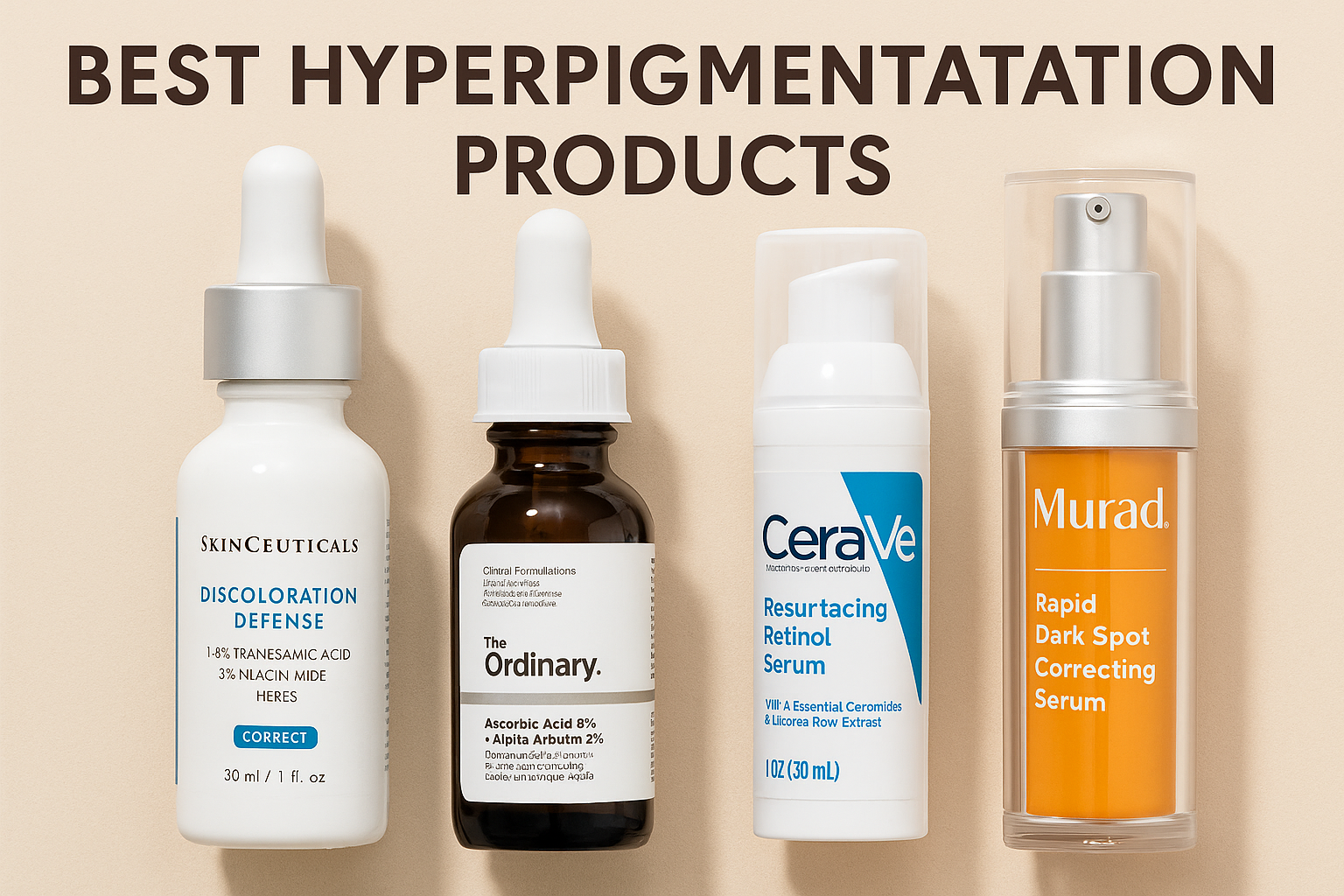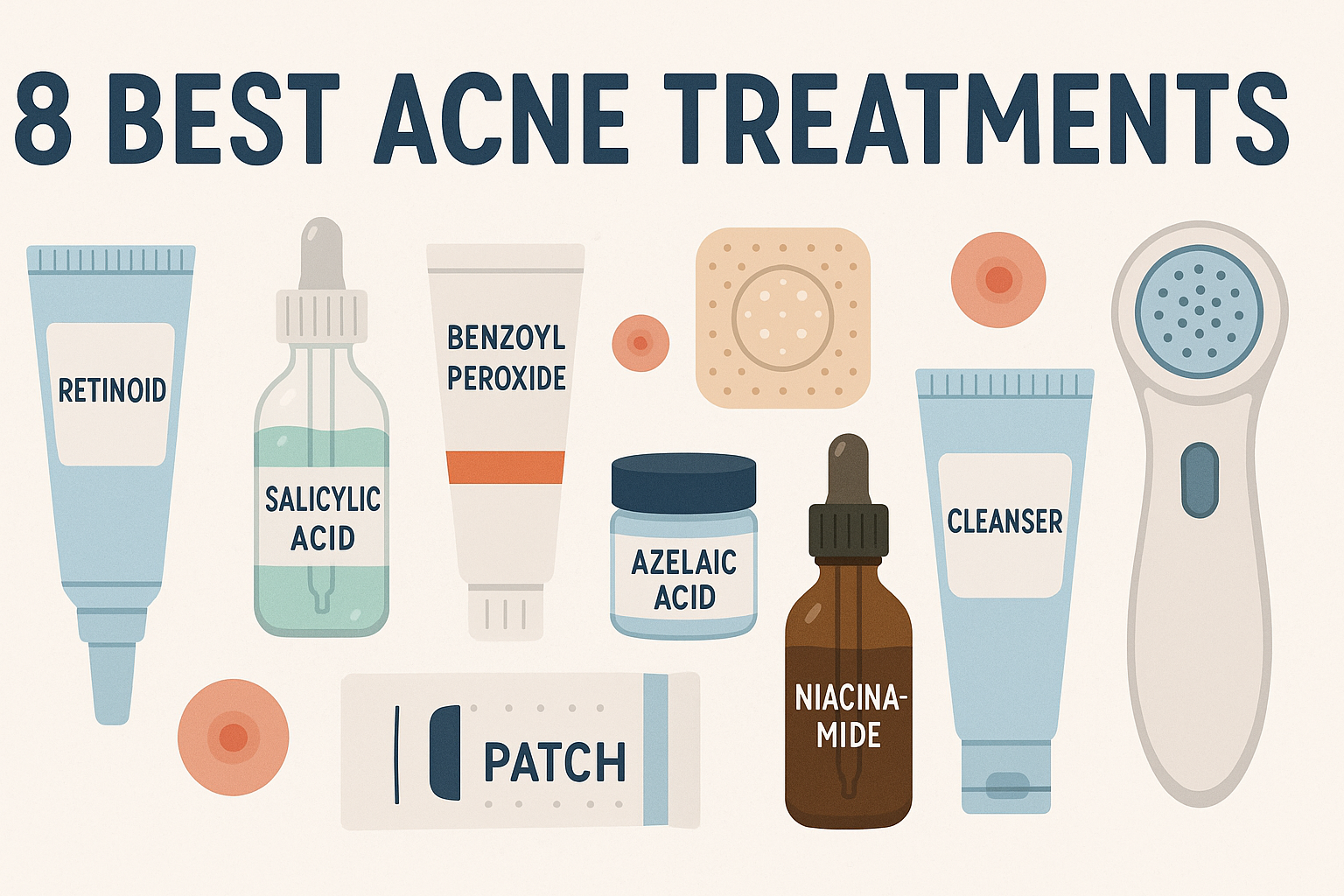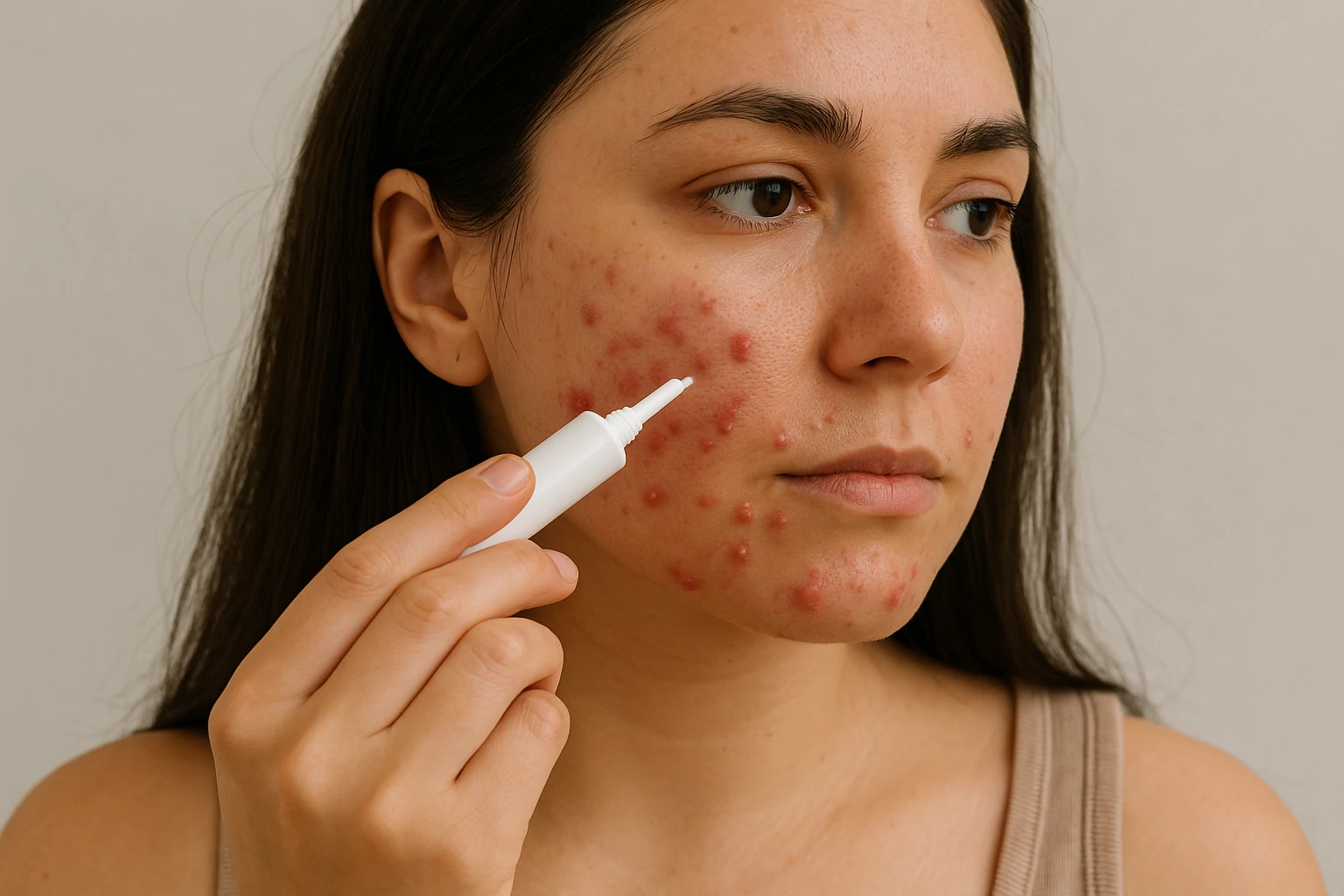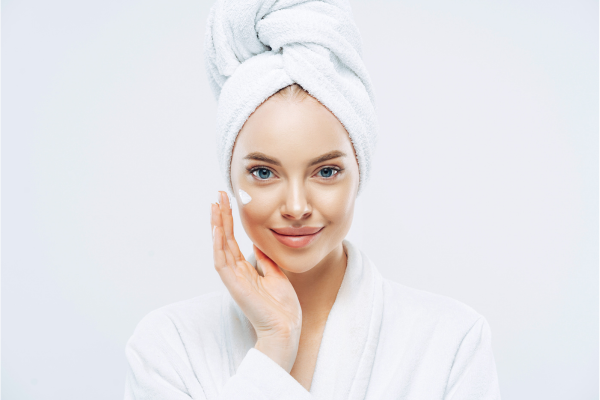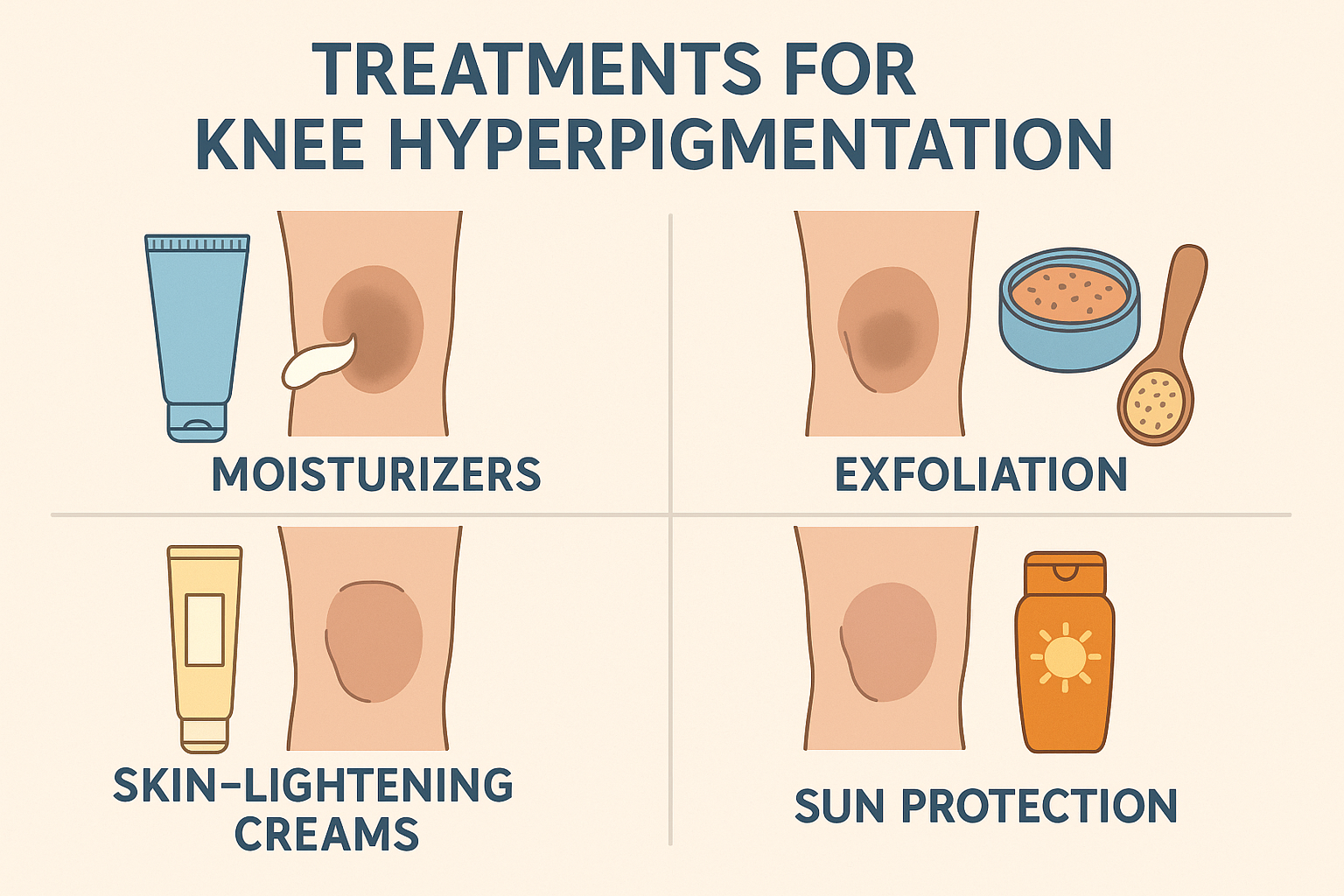How to Make Skin Less Oily – Proven Tips That Really Work
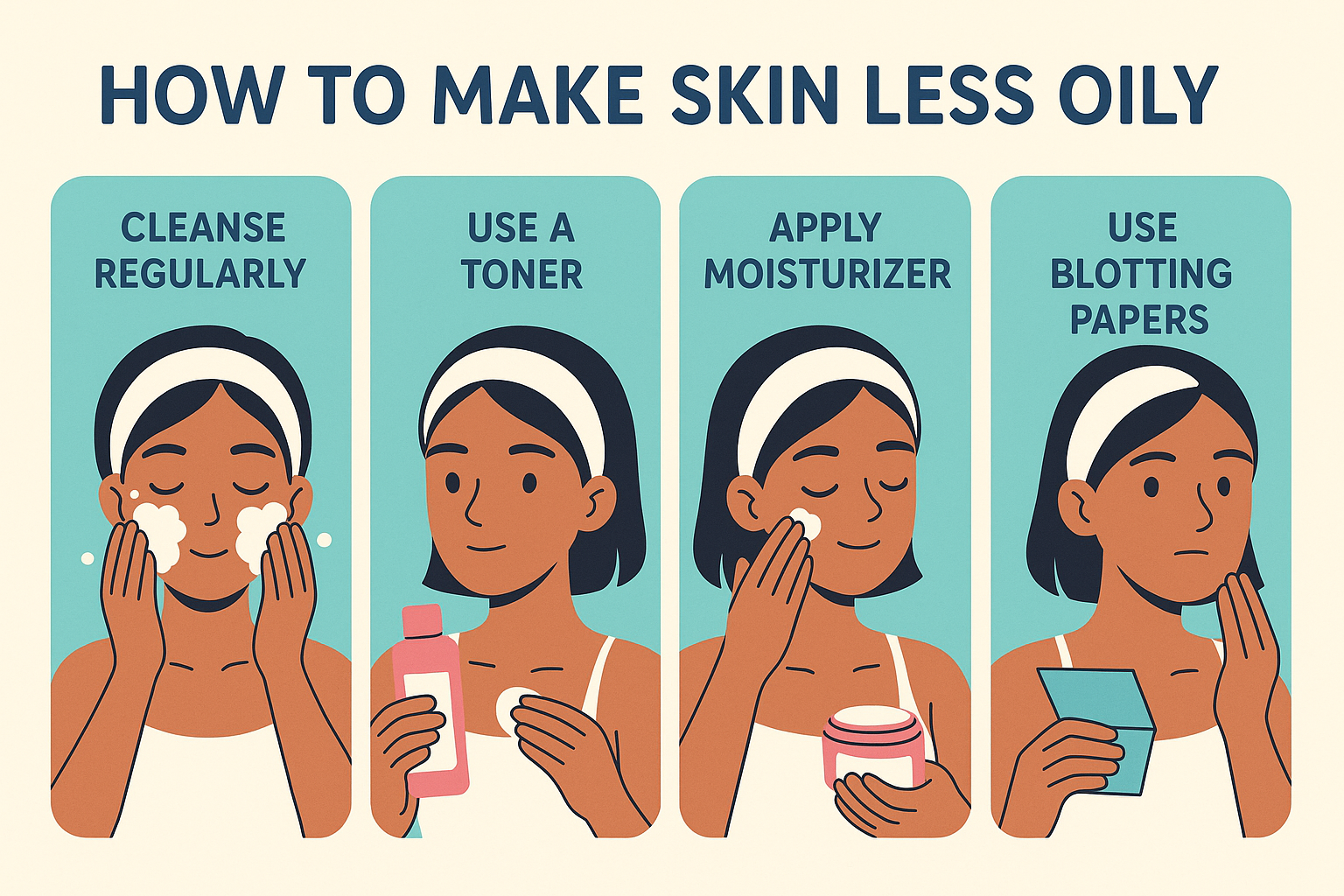
Wondering how to make skin less oily without overcomplicating your skincare routine? Oily skin can be frustrating—especially when your face feels greasy just a few hours after cleansing. But the good news is, with the right habits and consistent care, it’s possible to manage excess oil and achieve a more balanced, healthy complexion.
Start by cleansing your face gently using a mild, sulfate-free cleanser, no more than twice a day. Overwashing or using harsh products can strip away natural oils, triggering your skin to produce even more oil to compensate. After cleansing, always apply a lightweight, oil-free moisturizer. Even oily skin needs hydration—when skin is dehydrated, it often produces more sebum in response.
Incorporating targeted ingredients like salicylic acid or niacinamide can also make a big difference. Salicylic acid helps keep pores clear, while niacinamide reduces shine and soothes inflammation. Be mindful when choosing toners; alcohol-based formulas may seem effective at first, but they can dry out and irritate the skin, causing it to become oilier. Instead, choose toners that are gentle and balancing.
Throughout the day, instead of constantly washing your face, use blotting papers to remove excess oil without disturbing your skin’s protective barrier. Also, consider how diet and stress levels might be contributing to oily skin. Consuming too much sugar or experiencing chronic stress can increase oil production. Staying hydrated, eating nutritious foods, and managing stress through activities like exercise or meditation can help improve overall skin health.
Remember, every skin type is different. What works for one person might not work for another, but with patience and consistency, oily skin can become more manageable—and even glow in a healthy, natural way.
How Sulfates in Skincare Can Trigger Even Oilier Skin
Have you ever looked at the ingredient list on your facial cleanser or shampoo? If you have, you’ve probably seen names like sodium lauryl sulfate (SLS) or sodium laureth sulfate (SLES).1Environmental Working Group. Sodium laureth sulfate. These are cheap detergents commonly used to create foam. While they might seem harmless, they can actually be too harsh—especially for sensitive or oily facial skin.
Using sulfate-based products can strip too much of the skin’s natural oils. In response, your body may produce even more oil to compensate. The result? Oilier skin and a higher risk of breakouts. This is a common mistake many people with oily skin don’t realise—they think the drier their skin feels after washing, the cleaner it must be. In fact, this can trigger the opposite effect.
One important step in caring for oily skin is to avoid products that contain sulfates. Many foaming cleansers rely on these ingredients, so it’s important to check labels and choose gentle, sulfate-free options that still cleanse effectively.
Some recommended products worth trying include: Renée Rouleau Moisture Protecting Cleanser, Sulwhasoo Gentle Cleansing Foam, and BareMinerals Smoothness Hydrating Cleansing Oil. For more budget-friendly options, Korean brands like Purito From Green Cleansing Oil and 107 Chaga Jelly Low pH Cleanser offer great quality, even including natural ingredients like green tea powder for gentle exfoliation.
Choosing the right cleanser isn’t just about following trends—it’s about understanding your skin’s needs and responding wisely.
Difference Between Dryness and Dehydration
Many people still believe that oily skin doesn’t need moisturiser. However, according to experts, this is a big misunderstanding. Tol explains that oil and moisture are two different things. Oil refers to sebum—the oily substance produced by the skin. Moisture, on the other hand, relates to the water content in the skin. So, your skin can be oily but still dehydrated if it lacks water.
This is important to understand because caring for oily, dehydrated skin requires a different approach. Instead of constantly trying to dry it out, we actually need to balance it with a lightweight moisturiser that helps retain water without adding extra oil.
Karam adds that dehydrated skin often feels rough, tight, looks dull, and is more easily irritated. It can even develop fine lines due to lack of hydration. There are many possible causes, such as sun exposure, harsh water, and ageing. On the other hand, dry skin is more about low oil production and is usually flaky and cracked.
So, even if your skin feels oily, it doesn’t mean you don’t need moisturiser. In fact, keeping the skin hydrated is key to naturally reducing excess oil—because when the skin has enough water, it doesn’t “panic” and overproduce sebum.
How I Cleared Persistent Forehead Acne Overnight
You might have gone through a confusing phase where small pimples kept appearing in the middle of your forehead. These breakouts are usually easy to pop, but frustratingly, they keep coming back every few weeks—almost as if they never really go away. In this situation, you might end up just covering them with concealer and hoping they disappear on their own.
But things can change when you try a product from the UK called Medik8 Blemish SOS Rapid Action Target Gel. This product delivers surprisingly fast results—those annoying spots can shrink overnight! The secret lies in its active ingredients, which work together to fight breakouts effectively.
First, it contains salicylic acid, which helps unclog and clear pores, preventing new breakouts from forming. Then there’s niacinamide, known for its ability to brighten the skin and calm redness caused by inflammation. Lastly, azelaic acid acts as an antibacterial agent, targeting the acne-causing bacteria directly.
The Hidden Dangers of Alcohol in Skincare Products
Avoiding alcohol in food has many health benefits, but not everyone can cut it out completely right away. For example, turning down a cold margarita after a long week can be hard. But a good first step is removing alcohol from your skincare products. The result? Skin feels calmer, less oily, and more balanced.
Alcohol in skincare often appears under different names, such as benzyl alcohol, SD alcohol, denatured alcohol, or isopropyl alcohol.2The Ohio State University Wexner Medical Center. 7 skin habits that have to stop. Updated January 9, 2018. While these are commonly used to give a lightweight feel and help products absorb quickly, they can actually harm all skin types. According to dermatologist Karam, alcohol can enlarge pores, damage the skin’s natural barrier, reduce essential nutrients in the skin, and even trigger excess oil production—especially problematic for oily skin.
Unfortunately, many products aimed at oily skin rely on alcohol to create that “quick-dry” effect. This can be misleading if you’re only going by ads. That’s why it’s important to read ingredient labels carefully—ingredients don’t lie, even if advertisements do.
Instead, opt for lightweight moisturisers that are low in alcohol. Products like SkinMedica Ultra Sheer Moisturizer and Huxley Anti-Gravity Cream are great options—they hydrate the skin without drying it out or causing long-term irritation. Choosing gentle, alcohol-free products is a smarter and more sustainable way to care for your skin.
From Obligation to Ritual: The Science of Enjoying Skincare
Not everyone is born with naturally ideal skin. For many people, skincare requires extra effort and a consistent routine. In the beginning, it’s common to see skincare as a hassle—something done quickly before bed. But that mindset often changes once visible results start to appear. What once felt like a chore can transform into a calming and enjoyable form of self-care.
One step that can make a noticeable difference is using face masks regularly. Products like Charlotte Tilbury Goddess Skin Clay Mask offer a luxurious experience without drying out the skin. Meanwhile, Glossier Mega Greens Galaxy Pack provides a more affordable option that’s still effective in keeping the skin healthy. Many people pair masking with relaxing activities like soaking in the bath or reading, which brings double benefits—for both the skin and the mind.
In addition, serums with scientifically backed active ingredients play a major role in improving skin health. Ingredients like vitamin C and vitamin E help brighten and protect the skin, while plant-based extracts such as green tea (Camellia sinensis) and grape (Vitis vinifera) offer antioxidant and anti-inflammatory properties that help regulate oil production. Popular choices like SkinCeuticals C E Ferulic and Instanatural Age Defying and Skin Clearing Serum are trusted by both skincare professionals and everyday users for their proven effectiveness and well-balanced formulas.
The Truth About Oil and Oily Skin: A Balanced Approach to Skincare
In dermatology, one common misconception is that oily skin should be completely oil-free. In reality, sebum—the natural oil produced by the skin—plays an essential role in protecting and maintaining the skin’s moisture balance. As skincare expert Tol explains, removing all oil can actually damage the skin’s barrier. This is where the principle of “oil dissolves oil” comes in. Oil-based cleansers can effectively clean the skin without stripping away important lipids.
In fact, using the right facial oils can help balance sebum production. According to Karam, when skin lacks moisture, it often produces more oil to make up for it. That’s why oils rich in healthy fatty acids, like jojoba oil and chaulmoogra oil, are great for hydrating and balancing the skin. Products like Vintner’s Daughter Active Botanical Serum, May Lindstrom Blue Cocoon, and Kahina Giving Beauty Argan Oil show how effective this approach can be—they can even be used on the hair and body.
Aggressive skincare routines are now being replaced by more gentle and controlled exfoliation. For example, Dr. Dennis Gross Alpha Beta Universal Peel can be used weekly, while lighter chemical exfoliants like Ever Biomimetic Peel Pads are ideal for daily skin renewal. Supporting products like hydrating masks, essences, and hyaluronic acid serums also help to deeply moisturise the skin without clogging pores.
This shift in skincare philosophy shows that a gentle and balanced approach to oily skin is not only more effective—it also makes everyday life feel more comfortable. And yes, it even leaves time to relax with a light-hearted show like Vanderpump Rules.
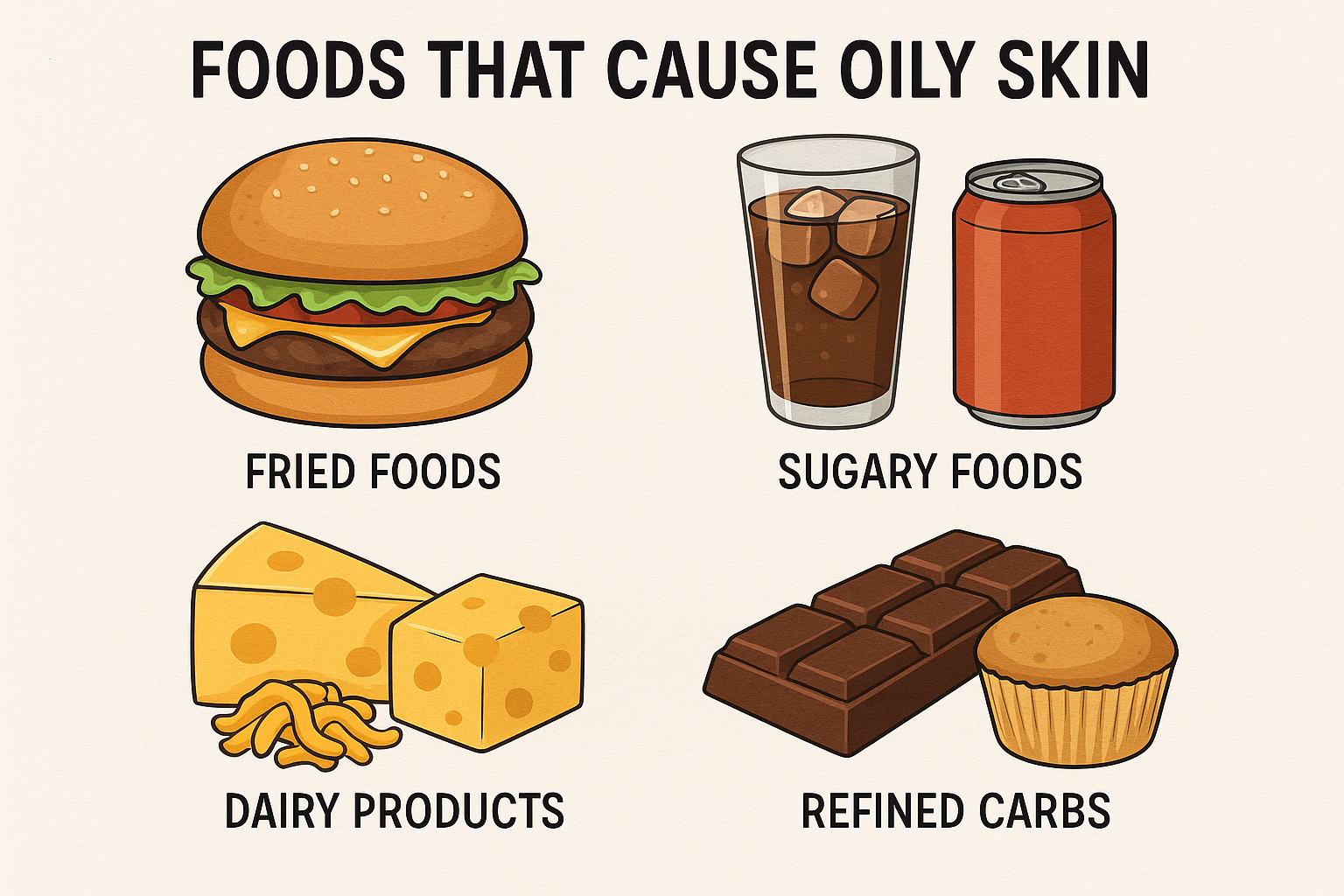
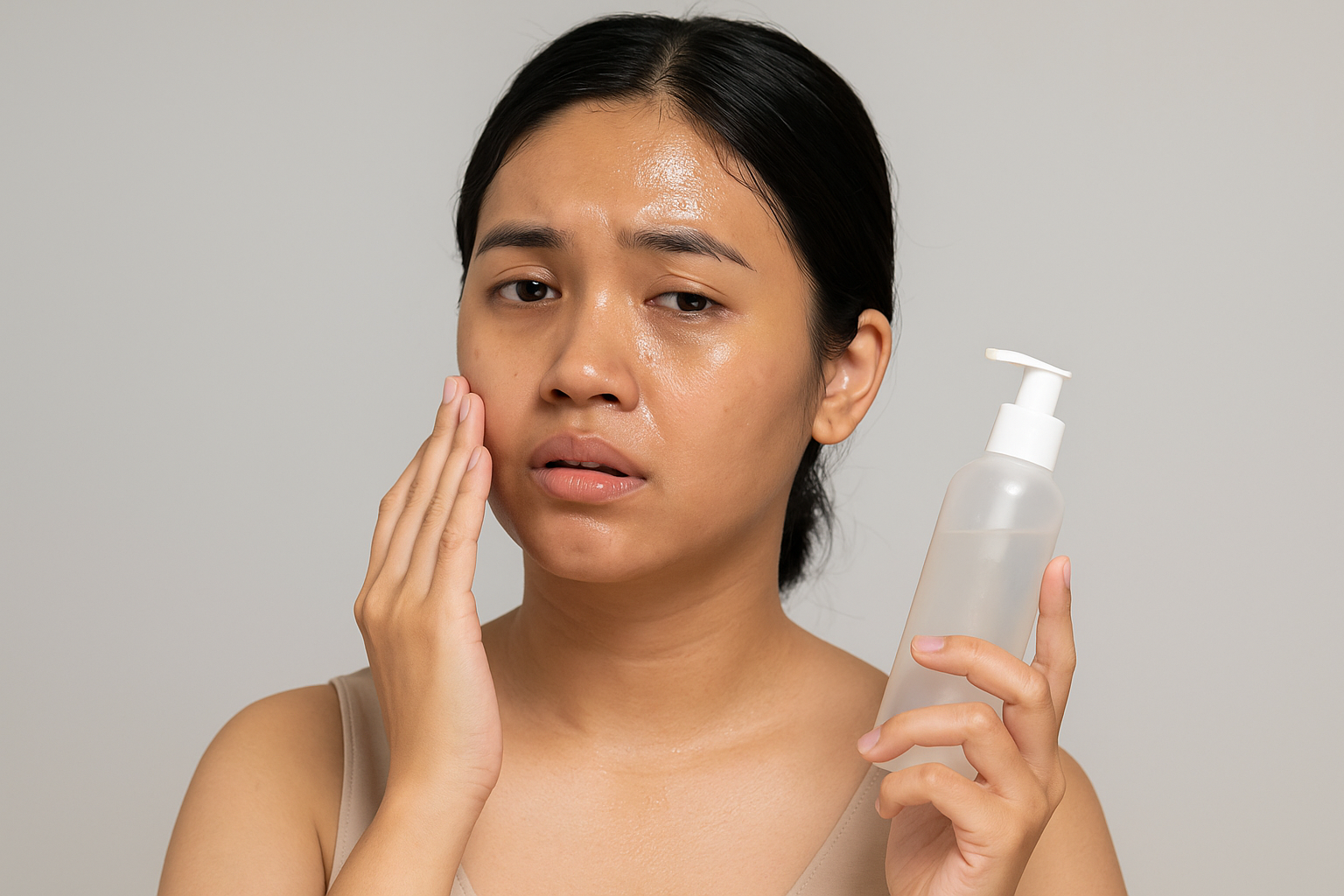
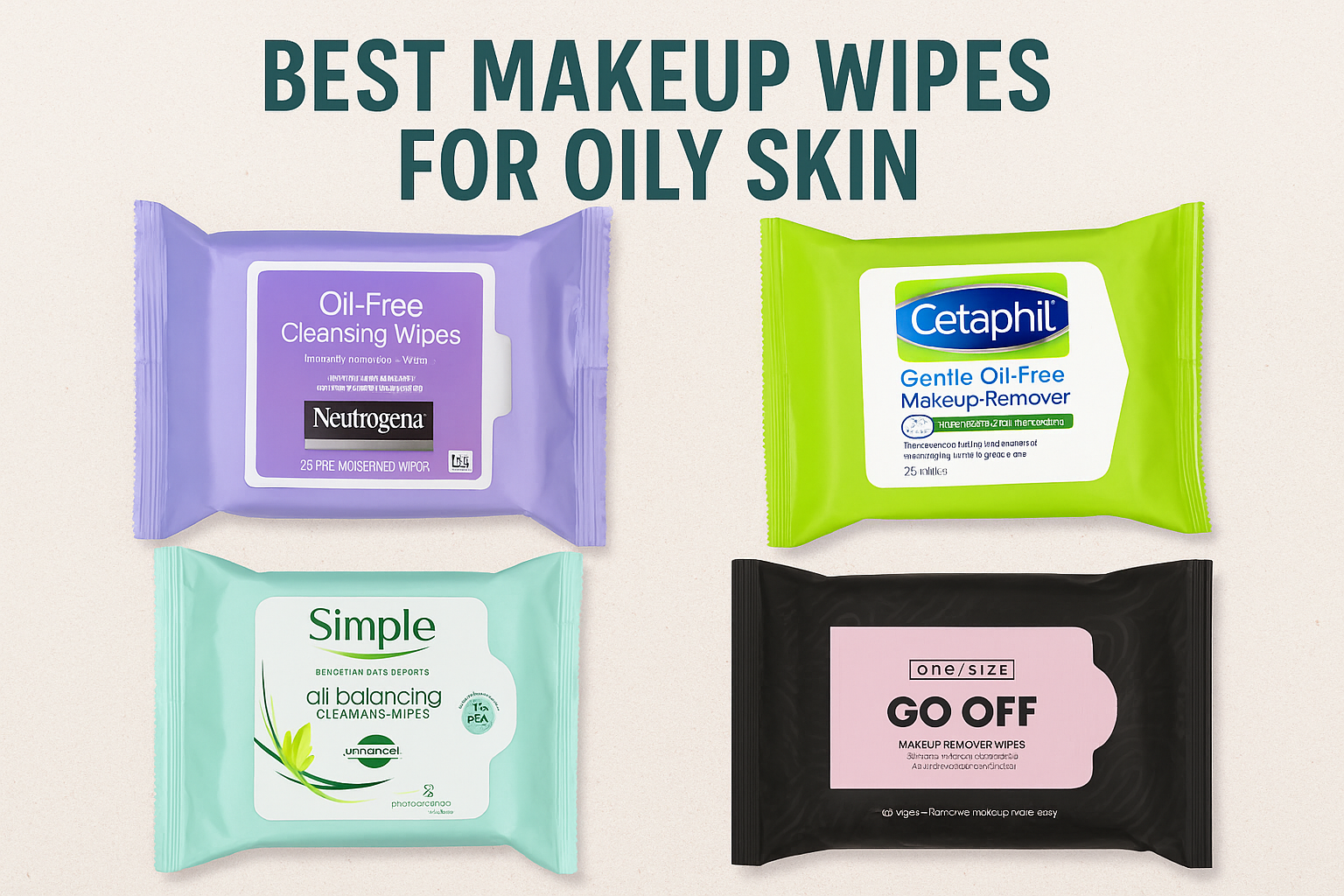
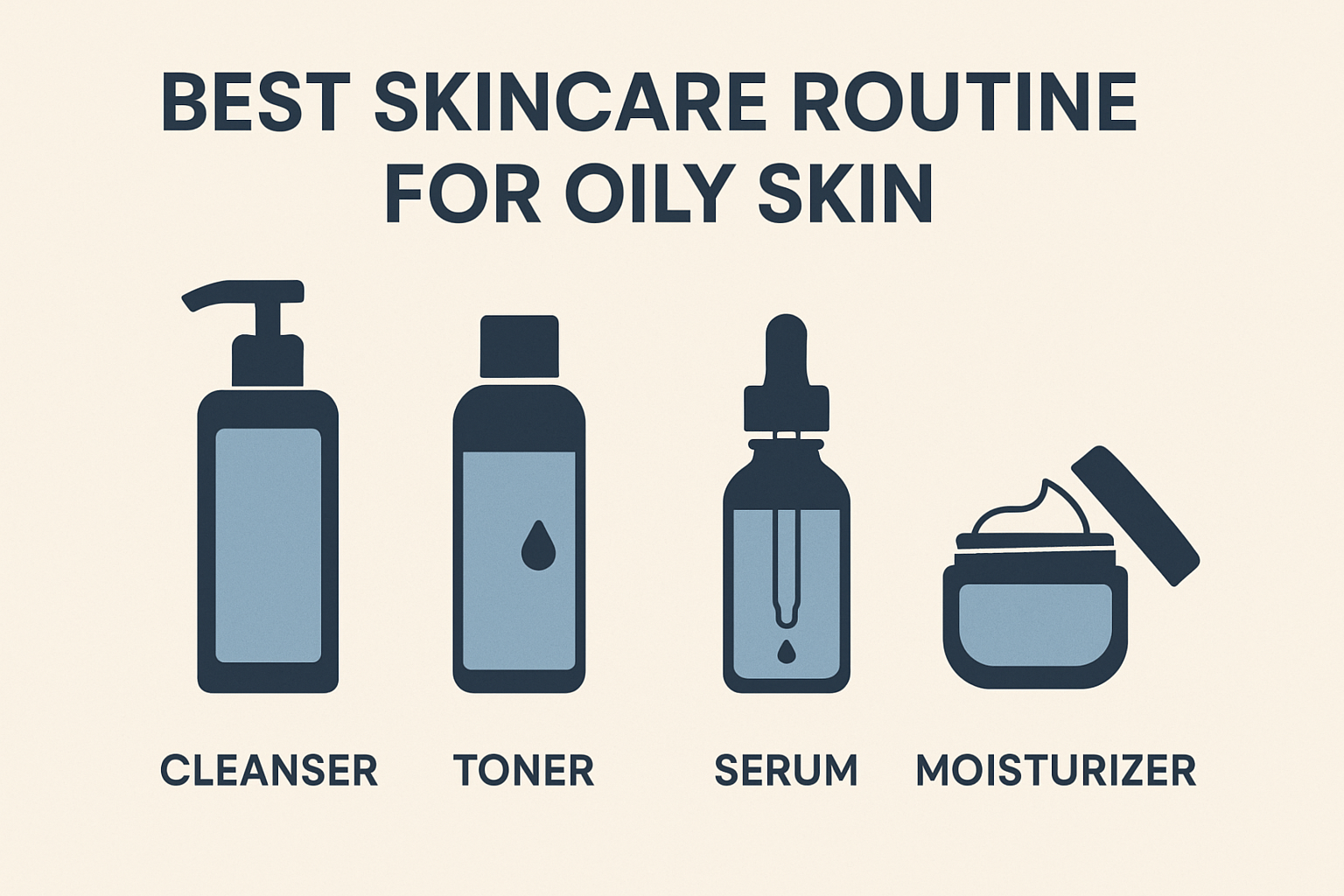
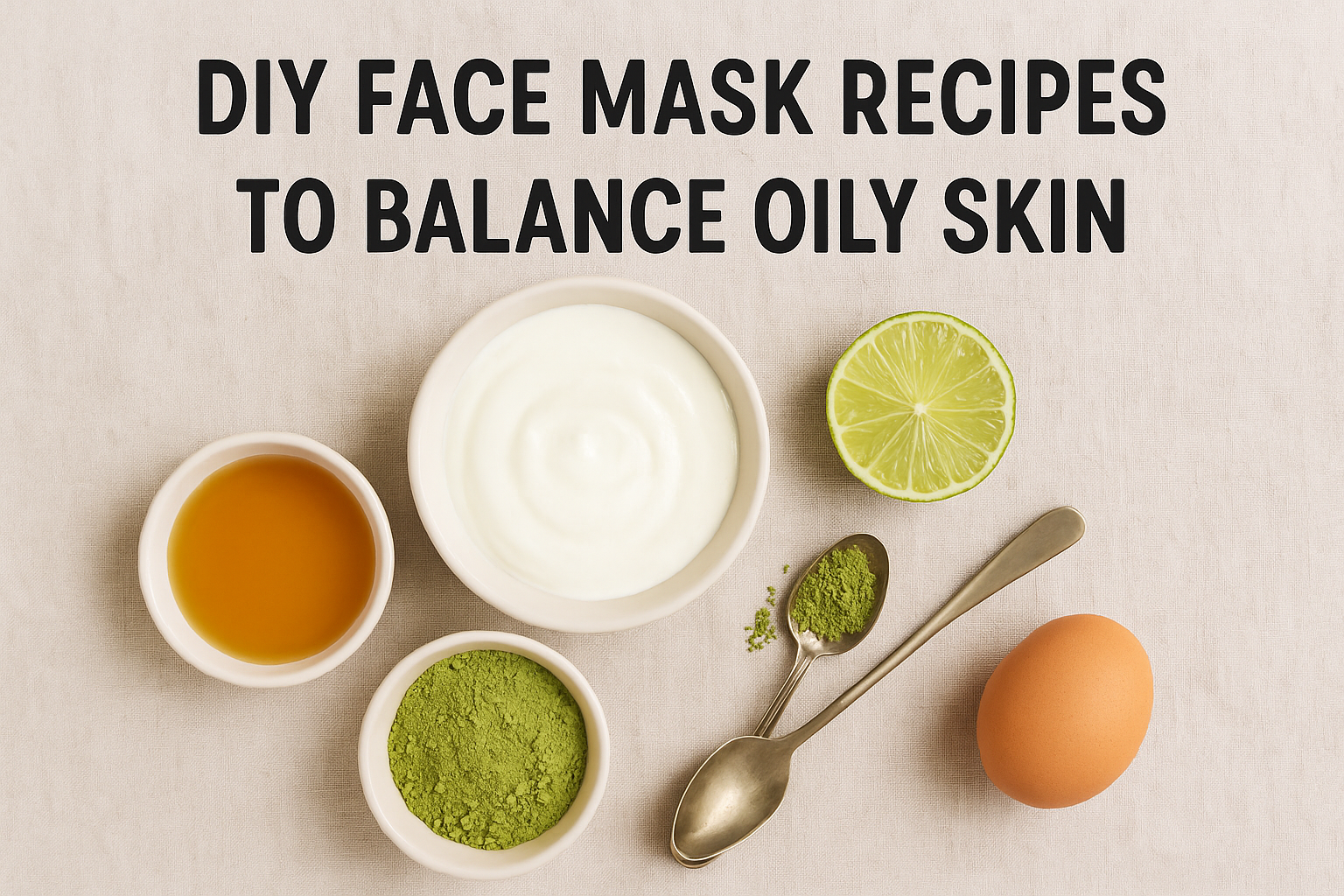
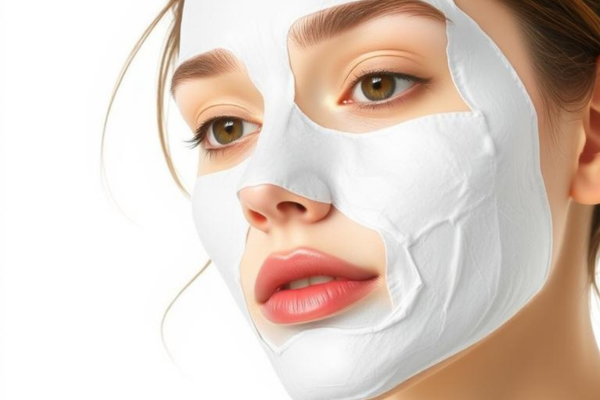
 Acne
Acne Anti-Aging
Anti-Aging Business
Business Digital Marketing
Digital Marketing Economics
Economics Exfoliation
Exfoliation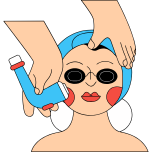 Hair Removal
Hair Removal Movies
Movies Personal Finance
Personal Finance Websites
Websites
